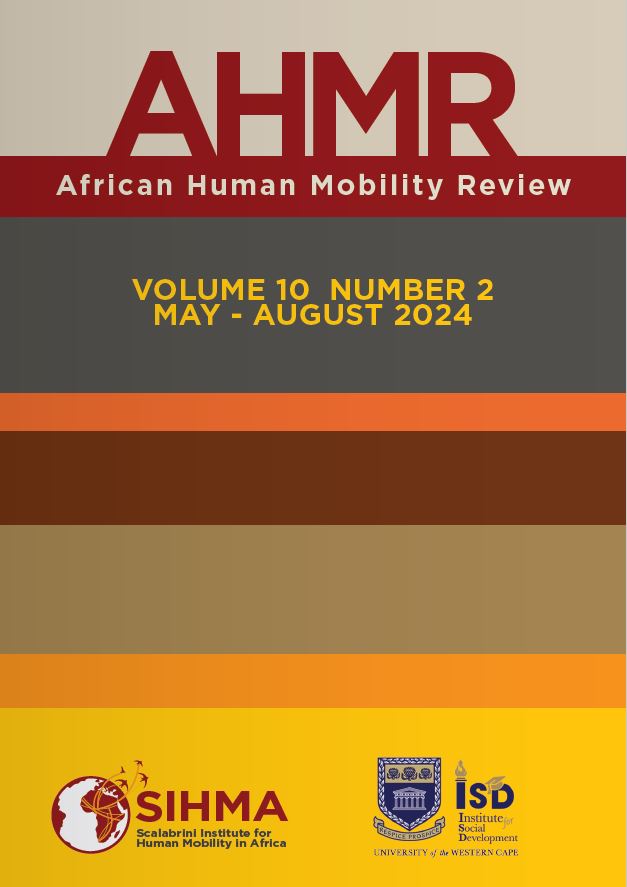Main Article Content
Institutionalizing Anti-Migrant Discourse in Public Healthcare: An Analysis of Medical Xenophobia against Zimbabwean Migrant Women in Johannesburg
Abstract
The provision of healthcare services to African migrants within the South African public healthcare system has been characterized as marred by medical xenophobia. While the literature on xenophobia in the country draws connections between xenophobic violence and how the migrant is characterized through demeaning metaphors in the media and the political space, medical xenophobia literature somewhat remains with the burden of categorically connecting specific practices that constitute medical xenophobia with the broader anti-migrant discourse. Drawing on the narratives of Zimbabwean migrant women seeking antenatal care services within the public healthcare system in Johannesburg, this paper analyzes the utterances and practices of some healthcare providers to draw connections with the anti-migrant narratives obtaining in the media, the political space, and certain anti-migrant formations (bearers of discourse). Like studies before it, this paper observes medical xenophobia and relying on Foucault’s disciplinary power as a conceptual tool, it argues that the utterances by some public healthcare professionals are indeed unabridged rearticulations of the normalized anti-migrant discourse in various sites bearing anti-migrant discourse. While acknowledging that some bureaucrats’ practices are tangential to the anti-migrant discourse, which decouples their individual actions from the discursive norm, the paper maintains that the standardized anti-migrant discourse for the large part provides frames of reference for some healthcare providers on how to perceive and treat the migrant patient, as their utterances are a restage of this discourse, usually with little to no annotations.






